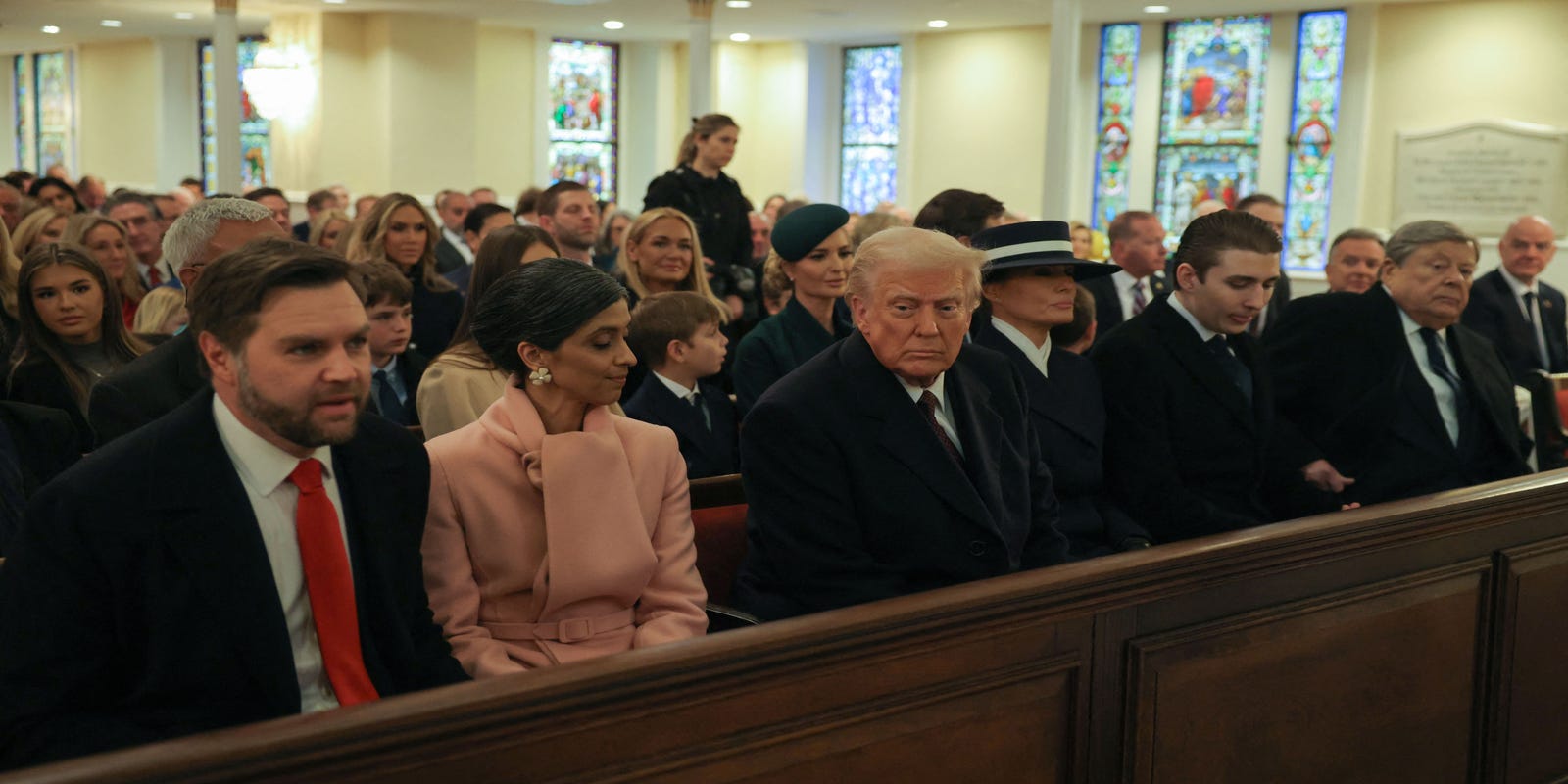Faith and Family: Unpacking JD Vance's Religious Roots and Usha's Spiritual Journey

U.S. Vice President JD Vance expressed deep sorrow on Monday morning following the passing of Pope Francis, reflecting his personal connection to the Catholic faith. As a devout Catholic himself, Vance's mourning of the pontiff highlights the significant impact Pope Francis had on both the global Catholic community and political leaders in the United States. The vice president's public statement of grief underscores the profound respect and admiration many have held for the beloved religious leader who served the Catholic Church for over a decade.
